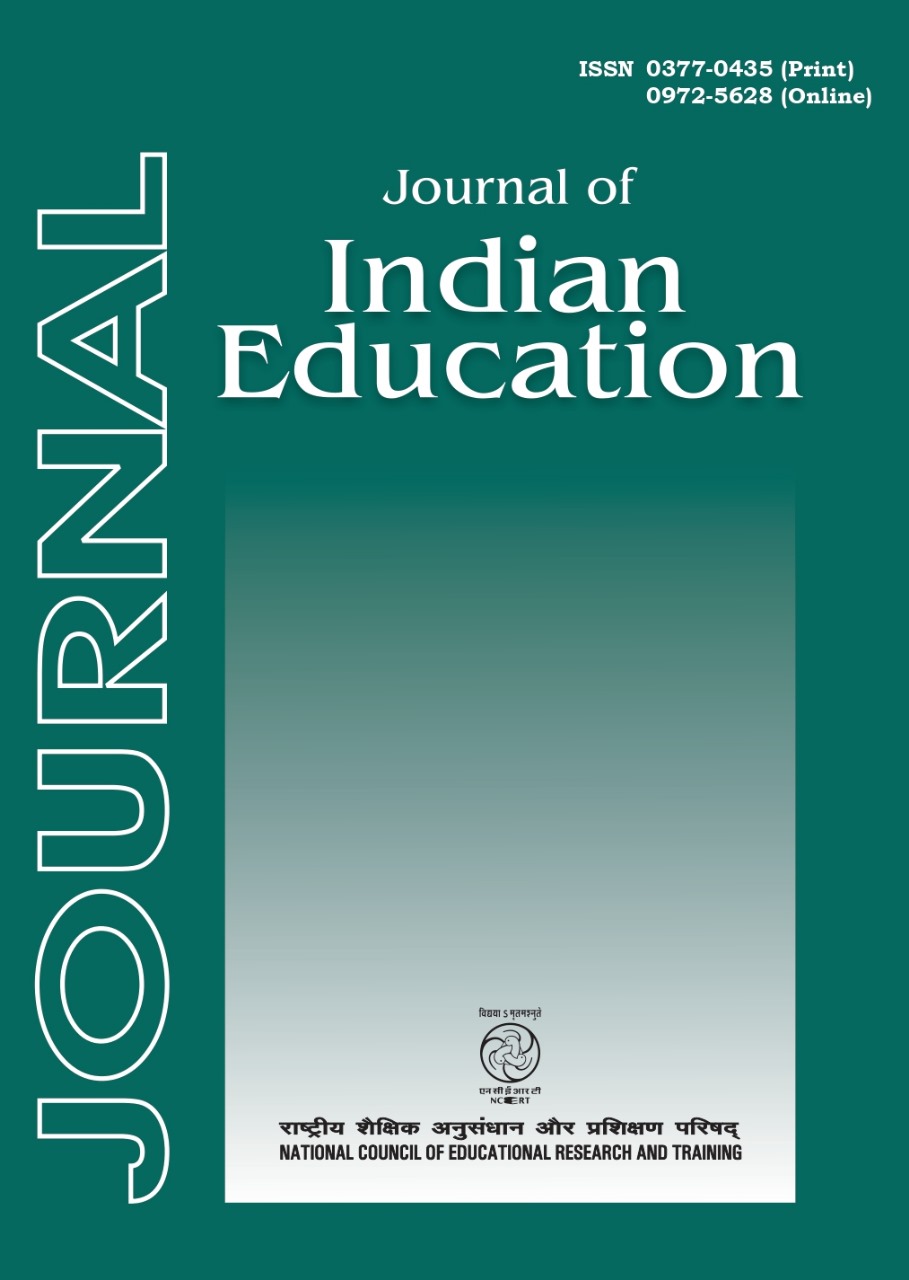Published 2011-02-28
Keywords
- Educational Rights,
- Education Law,
- Educational Policy
How to Cite
Abstract
Until not so long ago, lawyers had little or no role in school education, except perhaps in relation to cases regarding service matters of teachers and cases of school managements against teachers, etc. The phenomenon of voluntary action by lawyers, acting on behalf of children too poor to afford either private schooling or lawyers, is a fairly recent trend, perhaps not more than 10 to 15 years old. However, as soon as education comes to be defined as a right of the child, the importance of lawyers in completing the circuit that will ensure the right to education becomes inevitable. This lecture will trace the movement for defending the right to education from the advent of PILs to the present, before discussing some issues that can and have emerged in the context of right to education in schools. Some of these relate to— denial of admission in government schools; cruelty against children in the name of private school admissions; lack of basic amenities in schools, such as, water, electricity, proper roofs and walls which can protect from harsh weather, etc.; corporal punishment and other forms of humiliation; lack of connection between primary and upper-primary education; the dissociation between the aims of education and the goals of schools; the issue of unjustifiable fee hike in private schools; the issue of allotment of free land to private schools; and violation of educational rights of poor children. This lecture will discuss how in taking action on behalf of poor children for ensuring their educational rights, one comes to the awareness that simply finding a case and fighting it is not enough. Unless public opinion and public anger are also not built up against such denials, these wrongs will continue. I will discuss how I learnt to enlist the support of the media in creating awareness and opinion. At the same time, however, I realised that going to the courts alone cannot and should not be an answer to all the ills in education. Mobilising public outcry is also important. Sometimes, when people come together to demand action, matters can be rectified without going to a court. I will discuss in my lecture how at this point, I learnt to make correct strategy to achieve justice for children’s right to education.

